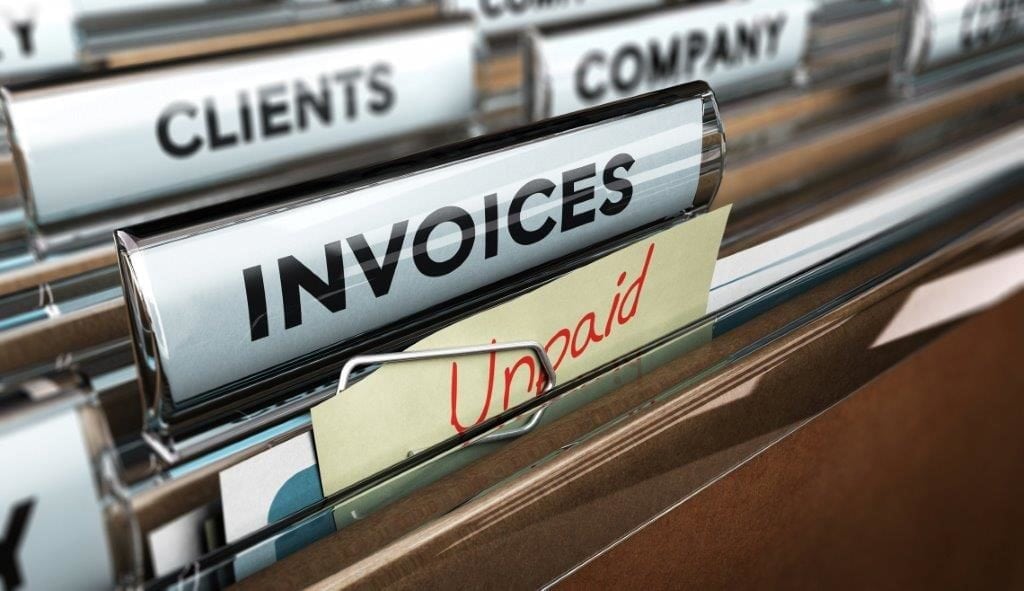Strategies for Improving Debt Collection Efforts

Being a small business owner often means working with very small margins, with little wiggle room for waste when it comes to cash flow. The result: you can’t afford to let negligent clients get away with unpaid debts, no matter how unpleasant the recovery process may be.
By and large, you probably won’t have to worry about chasing down too many debts. Inevitably, however, your small business is likely to encounter clients who try to evade paying in full, whose payments are sporadic and incomplete, or who can’t pay what they owe because of separate financial woes.
When your small business encounters one of these scenarios, it’s smart to have strategies in place to help with your response. Here are a few ways you can avoid dealing with debt collection, and some tips on handling those unhappy instances when they come up.
Be open and clear about payment guidelines
Business people don’t tend to like feeling confused or surprised about their bills, so it’s important to make sure clients understand and accept your payment guidelines and collection procedures before any deal or sale is completed. Create a page on your website or a brochure to give potential customers that fully and clearly explains all payment options and processes, plus the potential consequences and outcomes for anyone with outstanding debts.
Screen new customers, especially those who place large orders
Likewise, don’t jump into a deal without knowing a little about who the buyer is, and whether there are any red flags in their history. Do a company search before selling to another business, and request and record personal identification details (driver’s licence number, address, etc.) from individual customers so you have some way of finding them later on if necessary.
Select one staffer to serve as debt collection cop, or consider outsourcing
If your operation is especially small, this may to fall on you, but it’s generally better to give the job to a trusted lieutenant. While no business owner wants their ‘Debt Collection Officer’ to be too busy, they appreciate the streamlined efficiency that comes from having a single person take ownership of this vital role. If the work is too onerous, your staff is stretched too thin to tackle it properly, or a troublesome client proves unresponsive to your efforts, consider hiring a debt recovery service to chase down unpaid invoices on your behalf.
Connect and check-in ahead of the invoice due date
Reach out to each client after you’ve filled their order, but before the invoice is due. Confirm they were satisfied with the product or service you provided, and ask whether they have any questions about the invoiced amount, or the payment due date. Keep copies of all relevant documentation on hand in case there is a dispute, and take careful notes of your interactions for future reference.
Always keep your cool
Unpaid debts have a way of getting people’s blood boiling, but you don’t want emotion getting the better of you when following up on a negligent account. Always be positive and professional in your approach – sometimes a friendly, gentle reminder is enough to see your debt squared away. Avoid creating personal confrontation with clients who haven’t paid up; they’ll be less likely to want to cooperate if they feel attacked. Be sure to steer clear of making frequent, harassing phone calls or issuing angry threats – this kind of behaviour can turn into serious trouble for you, such as lawsuits and criminal complaints.
Consider offering repayment incentives
One way to avoid unpaid invoices to begin with is by extending a discount or bonus offer to anyone who pays ahead of schedule. Alternatively, you might encourage overdue clients to settle their tab with a different incentive toward their next buy. Sometimes you can get a client to agree to a delayed repayment schedule, breaking their bill into installments and finding a workable solution for both sides. Other times you may have to make the best of a bad situation by offering to settle for less than the full amount. Whatever your approach, be cautious about creating a sense of entitlement and expectation – you don’t want to be perceived as a pushover who’s always willing to give something before getting paid.
Request a written payback plan
After you’ve worked out the terms of any deal with an overdue account, get the client to provide a written confirmation of their understanding of the debt, their intent to pay it back, and the repayment schedule they plan to follow. The paperwork could prove vital if your debt dispute ends up in court.